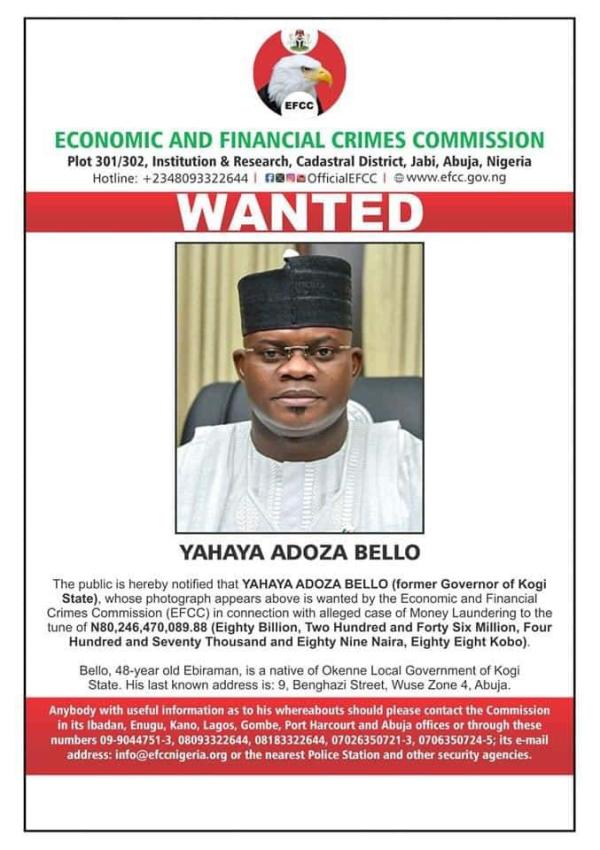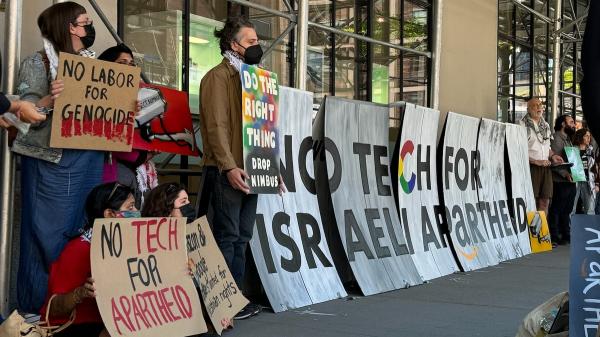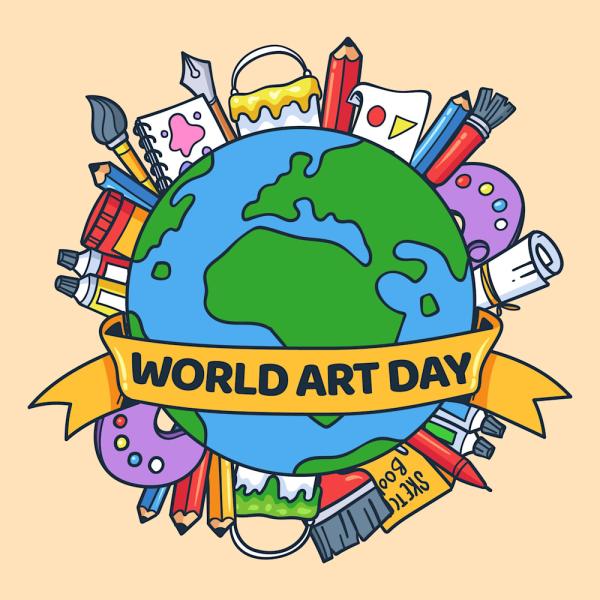
Sunday 9 May 2021: There are people who stand for so much that makes talking or writing about them a herculean task. They are people who spend their living on others and still seem uncontented.
Martin Luther King Jr. was one of such people. He was an African-American religious leader and civil-rights activist, who fought so much for racial fairness and equity in America and beyond, to the extent that today his name has become synonymous with African-American racial equality. CEOAFRICA today looks at his life.
King became the most well known advocate in the civil rights movement from 1955 until his assassination in 1968. He was the son of early civil rights activist Martin Luther King Sr.
One of the most distinguishing factors of his activism was that he believed in non-violence. Thus, the protests he led and was involved in were all of a non-violent nature. This approach or principle was inspired by his Christian beliefs and the nonviolent activism of Mahatma Gandhi that he was exposed to at a point in his life.
King participated in and led campaigns for blacks' right to vote, de-segregation, labor rights, and other basic civil rights. He led the 1955 Montgomery bus boycott and later became the first president of the Southern Christian Leadership Conference (SCLC). As president of the SCLC, he led the unsuccessful Albany Movement in Albany, Georgia, and helped organize some of the nonviolent 1963 protests in Birmingham, Alabama.
He also helped organized the 1963 March on Washington, where he delivered his most famous "I Have a Dream" speech on the steps of the Lincoln Memorial.
On October 14, 1964, King was awarded the Nobel Peace Prize for fighting racial inequality through nonviolent resistance.
He was at the forefront of two of the three Selma to Montgomery marches in 1965. King was not only concerned about black civil rights, he was equally concerned with poverty, capitalism and the Vietnam War. In the latter days of his life, he spent a great deal of time speaking against these things.
Martin Luther King Jr. was assassinated on April 4, 1968 in Memphis Tennessee in a motel. He had gone there to support garbage collectors strike. He was killed by a bullet fired from a house lying across the motel where he lodged. King was planning a national occupation of Washington, D.C., to be called the Poor People's Campaign before he was killed.
A memorial was built on the National Mall in Washington D.C in his honour. Known as ‘The Martin Luther King Jr’. It was dedicated in 2011.
Riots evolved in several U.S. cities in reaction to his death. A man, James Earl Ray, was arrested and convicted of killing King. But shortly after the arrest was made, allegations began to arise from many quarters that either Ray had been framed or he acted in concert with government agents. Discussions surrounding this allegation persisted for long spanning into decades after the shooting.
On July 11 1977, King was posthumously awarded the Presidential Medal of Freedom and the Congressional Gold Medal by then President Jimmy Carter. In Carter’s words, Dr. Martin Luther King deserved the award for being “The conscience of a generation,” who “made our nation stronger because he made it better.”
Martin Luther King Jr. Day was established as a holiday in cities and states throughout the United States beginning in 1971; the holiday was enacted at the federal level by legislation signed by President Ronald Reagan in 1986.
Over a thousand streets in the world bear the name of Martin Luther King Jr. And at least 955 of those streets can be found in the U.S. They're in 41 states, the District of Columbia and Puerto Rico. Martin Luther King Jr. wasn't a U.S. president, but 77 schools bear his name (and two are named after his wife, Coretta Scott King).





















